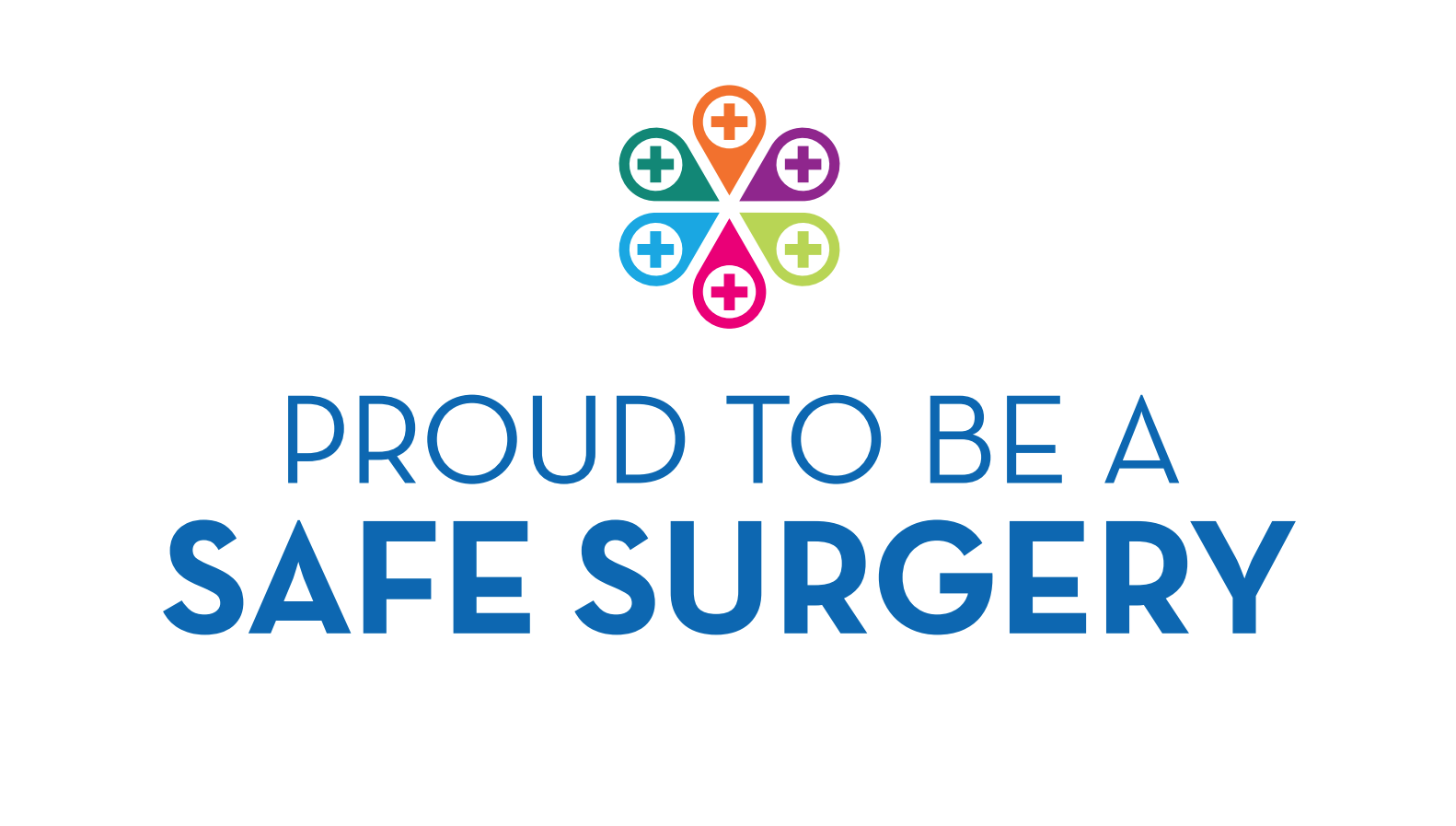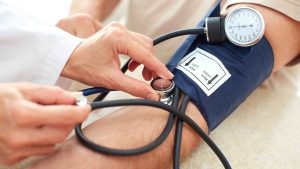Hartland Way Surgery
📍 1 Hartland Way, Shirley, Croydon, CR0 8RG
Telephone: 📞 020 8777 7215
We're open

IMPORTANT NOTICE – 27TH MARCH 2025 Changes to our appointment system Practice Newsletter Winter-Spring 2024/25 London Pharmacy opening hours for Christmas and New Year Holidays 2024/2025 Practice Update following latest NHS developments London Pharmacy opening hours for Summer Bank Holiday 26th August 2024 Practice Newsletter – Summer/Autumn 2024 Household Support Fund (HSF) Newsletter Winter-Spring 2023/24 Newsletter – Summer/Autumn 2023 GetUBetter APP – FREE, easy-to-use tool helping you to self-manage your muscle, bone, and joint (MSK) injuries and conditions. We are a Training Practice! Newsletter – Winter 2022/23 COVID 19 and Flu Vaccines Cervical Screening
Tests & Results
Results
Please call between 10.30am – 12noon and 5.00pm – 6.00pm
Phlebotomy appointments
Wednesdays and Thursdays 08:00 – 13:00
Blood Tests
A blood test is when a sample of blood is taken for testing in a laboratory. Blood tests have a wide range of uses and are one of the most common types of medical test. For example, a blood test can be used to:
- assess your general state of health
- confirm the presence of a bacterial or viral infection
- see how well certain organs, such as the liver and kidneys, are functioning
A blood test usually involves the phlebotomist taking a blood sample from a blood vessel in your arm and the usual place for a sample is the inside of the elbow or wrist, where the veins are relatively close to the surface. Blood samples from children are most commonly taken from the back of the hand. The child’s hand will be anaesthetised (numbed) with a special cream before the sample is taken.
You can find out more about blood tests, their purpose and the way they are performed on the NHS website
If the doctor or nurse has asked you to provide a pathology sample e.g. urine, stool, sputum, these must be left at reception before 11.00am, Monday – Friday.
X-Ray
An X-ray is a widely used diagnostic test to examine the inside of the body. X-rays are a very effective way of detecting problems with bones, such as fractures. They can also often identify problems with soft tissue, such as pneumonia or breast cancer.
If you have a X-ray, you will be asked to lie on a table or stand against a surface so that the part of your body being X-rayed is between the X-ray tube and the photographic plate.
An X-ray is usually carried out by a radiographer, a healthcare professional who specialises in using imaging technology, such as X-rays and ultrasound scanners.
You can find out more about x-ray tests, how they are performed, their function and the risks by visiting the NHS website.








